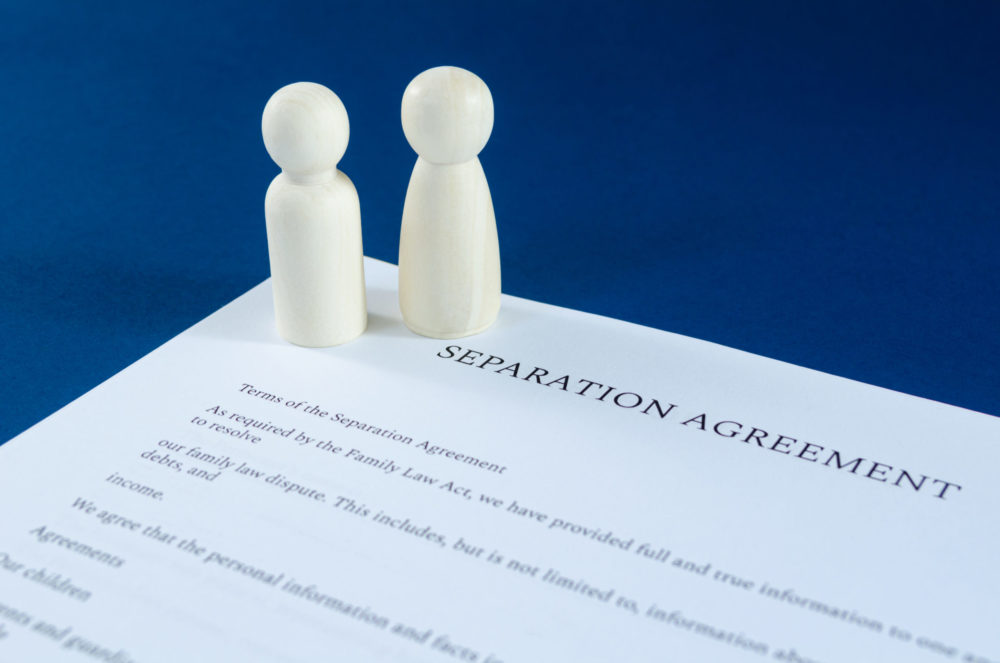© 2025 Law Office of Sarina Gianna, LLC.
All rights reserved. Attorney advertising.

What is a Divorce Agreement in New Jersey?
It can be emotional and gut-wrenching when you decide to get a divorce. Nonetheless, you know when it is time to pack it in. As you will soon find out, it is vastly more difficult and expensive to dissolve a marriage than it is to get married, because you have to divide two lives that may have been inextricably linked for decades. This is where a divorce settlement agreement comes in. For more information on obtaining a divorce settlement agreement, please read on, then contact an experienced New Jersey virtual divorce lawyer today.
What does a divorce settlement agreement entail in New Jersey?
Known by many other names, a divorce settlement agreement is a legal document that lays out the terms of your divorce. You can avoid having a judge divide your assets and property for you if you can come to an agreement with your spouse. Usually, this is preferable to going to trial.
Primarily, a divorce settlement agreement will settle the following matters:
- Division of assets
- Child custody and child support
- Alimony
How does New Jersey divide assets in a divorce?
In pursuance of New Jersey’s equitable division rules, courts will consider the following factors when determining how to divide assets:
- The economic and non-economic contributions each spouse made to the marriage
- The earning capacity of each spouse
- Each spouse’s financial resources
- The length of the marriage
- Any separate property each spouse holds
How does New Jersey decide on child custody and child support?
The Garden State begins an analysis of parental rights by considering what is in the best interests of the couple’s shared minor children. Aside from abuse or neglect, the court will assume that it is in the child’s best interest to have relationships with both parents and opt for a shared child custody arrangement of some sort. When working on your own agreement, you should consider:
- Where your children will live
- Who will make decisions about your child’s education, religion and health care
- How many nights the child will spend at each parent’s house
- How the parents will share the child on holidays and vacations
- Who will pay child care, health care and health insurance costs
- Which parent(s) will pay for school and extracurricular expenses
- Whether one spouse will provide child support payments to the other
How does New Jersey determine alimony?
Also called spousal support or maintenance, this occurs in marriages where one party earns substantially more than the other. When discussing alimony, you and your spouse must complete and share financial disclosures. This ensures that each spouse is transparent about their financial situation and receives their fair share of the marital assets and debts. To determine alimony, you must consider:
- The length of the marriage
- The ability to provide alimony and the need to receive alimony
- Each spouse’s financial position
- Health conditions that could impact earning abilities
- Each spouse’s expected future earnings
- How long it will take for the dependent spouse to become independent through education, training or job experience
Contact a skilled Ocean County divorce attorney if you have any further questions or would like to begin preparing your divorce settlement agreement.
Contact our experienced Ocean County firm
If you need a divorce and family law attorney in Ocean County, New Jersey, contact the Law Office of Sarina Gianna, LLC today to schedule a consultation.
